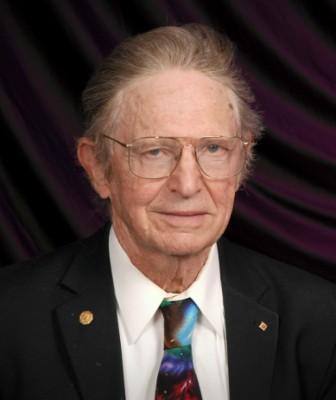Electronics fueled the 2000 US budget surplus. Will AI help or hinder?
The “dot-com” digital technology boom together with governmental tax increases resulted in the 1998 - 2001 federal budget surplus. Will emerging artificial intelligence, AI, and deep learning technology help the US recover from the budget deficits we have had since 2001?
AI should make more jobs for technologists and expand our economy. What about other skilled professionals like radiologists, who are being displaced by the AI that can do a better job? The McKinsey Global Institute report, “Jobs lost, jobs gained: Workforce transitions in a time of automation (2017),” predicted that up to 33% of our workers will have to find new jobs by 2030.
Joseph Aoun, President of Northeastern University, in his book Robot-Proof: Education in an Age of Artificial Intelligenceadvocates educating people to invent, create, and discover—filling needs that even the most sophisticated robot cannot do. Workers will need both computer and human communication skills and psychology learned in the humanities. Basic income pilot programs in Ontario Canada and Silicon Valley are underway to help those whose jobs are eliminated by AI
Would government “trickle up” economic policy be more effective than present “trickle down” in increasing income equality?
Date and Time
Location
Hosts
Registration
-
 Add Event to Calendar
Add Event to Calendar
- 244 Wood Street
- Lexington, Massachusetts
- United States
- Building: Lincoln Lab Cafeteria
- Click here for Map
- Contact Event Host
- Co-sponsored by Boston Section, life members affiliate group; Boston SSIT Chapter
Speakers
 Paul of Chair NH IEEE Life Members
Paul of Chair NH IEEE Life Members
AI
Biography:
BS MIT, PhD Brandeis U, IEEE Life Fellow. From 1967 to 1995, he led the Component Technology Branch of the Air Force Research Laboratory, Bedford, MA. His branch developed the surface acoustic wave (SAW) technology used in compact, signal-processing filters for radar, cell phones, and TV. Two former branch member were Dr. Ken Laker and Dr. Tom Szabo. Ken Laker in 1999 was elected president of the IEEE. Tom Szabo’s Diagnostic Ultrasound Imaging: Inside Out (2003) has been cited over 1000 times. After Dr. Carr’s retirement from AFRL, he taught philosophy courses at U Mass Lowell that inspired his book, Beauty in Science & Spirit (2006).In 2017 he presented, “Climate Change: Are We Losing the Carbon-Free Energy Market to China?”
Agenda
3:30 Coffee and Cookies
4PM Presentation followed by discussion, questions, concerns, whatever
Please use the Wood Street Gate. To assist us in planning this meeting, please pre-register at http://www.ieeeboston.org/

